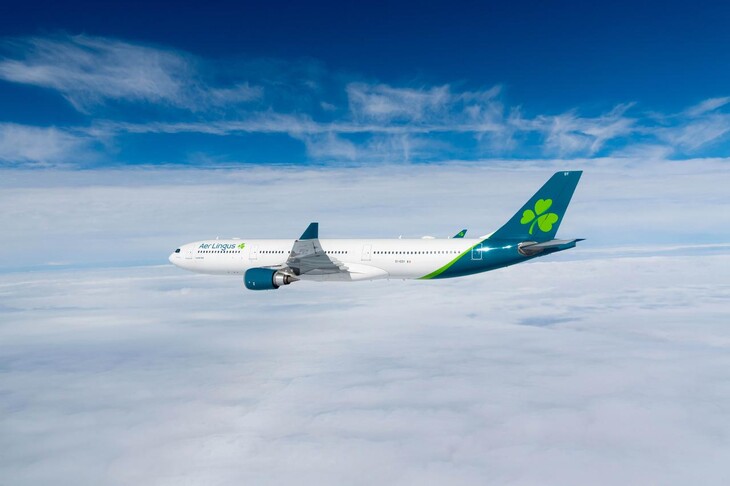Tuesday, August 13, 2024 Indonesia, the largest economy in Southeast Asia, has credited the recent adoption of artificial intelligence (AI) technology as a key factor in its significant leap on the global tourism competitiveness scale. In the latest Travel and Tourism Development Index, Indonesia climbed to the 22nd position, marking a 10-place advancement from its 2022 ranking. This notable improvement has placed Indonesia ahead of regional peers such as Malaysia, Vietnam, and Thailand.
The biennial report, published by the World Economic Forum, highlights Indonesia’s growing prominence in the global tourism sector, with AI playing a pivotal role in enhancing its appeal and competitiveness. The integration of AI has enabled Indonesia to streamline its tourism services, optimize visitor experiences, and offer personalized travel solutions, all of which have contributed to this impressive rise. The country’s strategic focus on digital transformation and innovation in the tourism industry has not only boosted its rankings but also set a new benchmark for other nations in the region.

Indonesia’s success story is a testament to the power of technology in driving economic growth and improving global competitiveness in the tourism sector. Tourism Development Rankings for Southeast Asian countries Country 2024 Rank 2022 Rank Change in Rank Indonesia 22 32 +10 Malaysia 28 25 -3 Thailand 31 30 -1 Vietnam 34 36 +2 Singapore 15 13 -2 Philippines 42 43 +1 Myanmar 76 74 -2 Cambodia 68 66 -2 Laos 83 81 -2 Brunei 55 57 +2 According to Uno, the value of tourism in Indonesia is increasingly being measured not by the sheer number of visitors but by the quality of their experience. He emphasized that this shift in focus is driven by the use of artificial intelligence, which suggests that the quality of tourists holds greater significance than quantity.
In Indonesia, the quality of tourists is reflected in several key metrics, including the duration of their stay and their overall spending during their visit. These indicators are now seen as crucial benchmarks for assessing the true impact of tourism on the economy. This approach underscores a broader strategy to enhance the tourism sector by attracting visitors who are more likely to engage deeply with the local culture and economy.
By prioritizing quality over quantity, Indonesia aims to foster a more sustainable and profitable tourism industry. AI plays a pivotal role in this by providing insights that help tailor experiences to meet the expectations of high-value tourists, thereby boosting their satisfaction and encouraging longer stays and higher expenditure. This strategy not only benefits the local economy but also helps in preserving the cultural and natural resources that make Indonesia a unique destination.
In the first half of this year, Indonesia experienced a significant surge in international tourism, welcoming 6.4 million foreign visitors between January and June. This impressive figure represents a substantial 21% increase compared to the same period last year, highlighting the country’s growing appeal as a global travel destination.
The increase in tourist arrivals can be attributed to various factors, including improved international connectivity, enhanced promotional efforts, and the easing of travel restrictions that had previously hindered global mobility. Building on this momentum, Indonesia has set an ambitious goal for the year, aiming to attract a total of 17 million foreign tourists by the end of the year. This target reflects the country’s confidence in its ability to continue drawing visitors from around the world, bolstered by its diverse cultural heritage, stunning natural landscapes, and a wide array of attractions that cater to different types of travelers.
The government and tourism stakeholders are working diligently to ensure that the infrastructure, services, and experiences offered to tourists meet the highest standards, thereby supporting this ambitious target and reinforcing Indonesia’s position as a leading tourist destination in Southeast Asia..



















